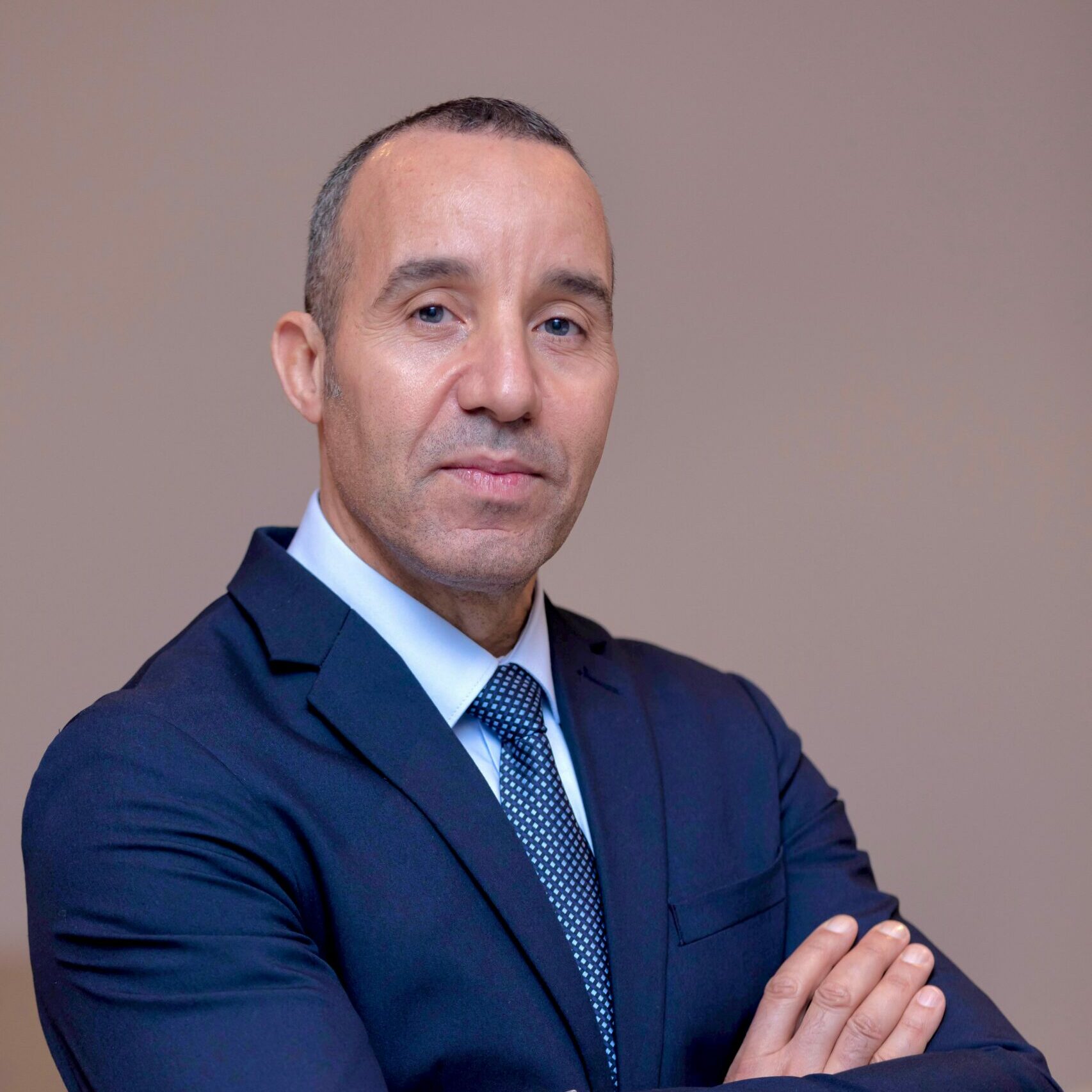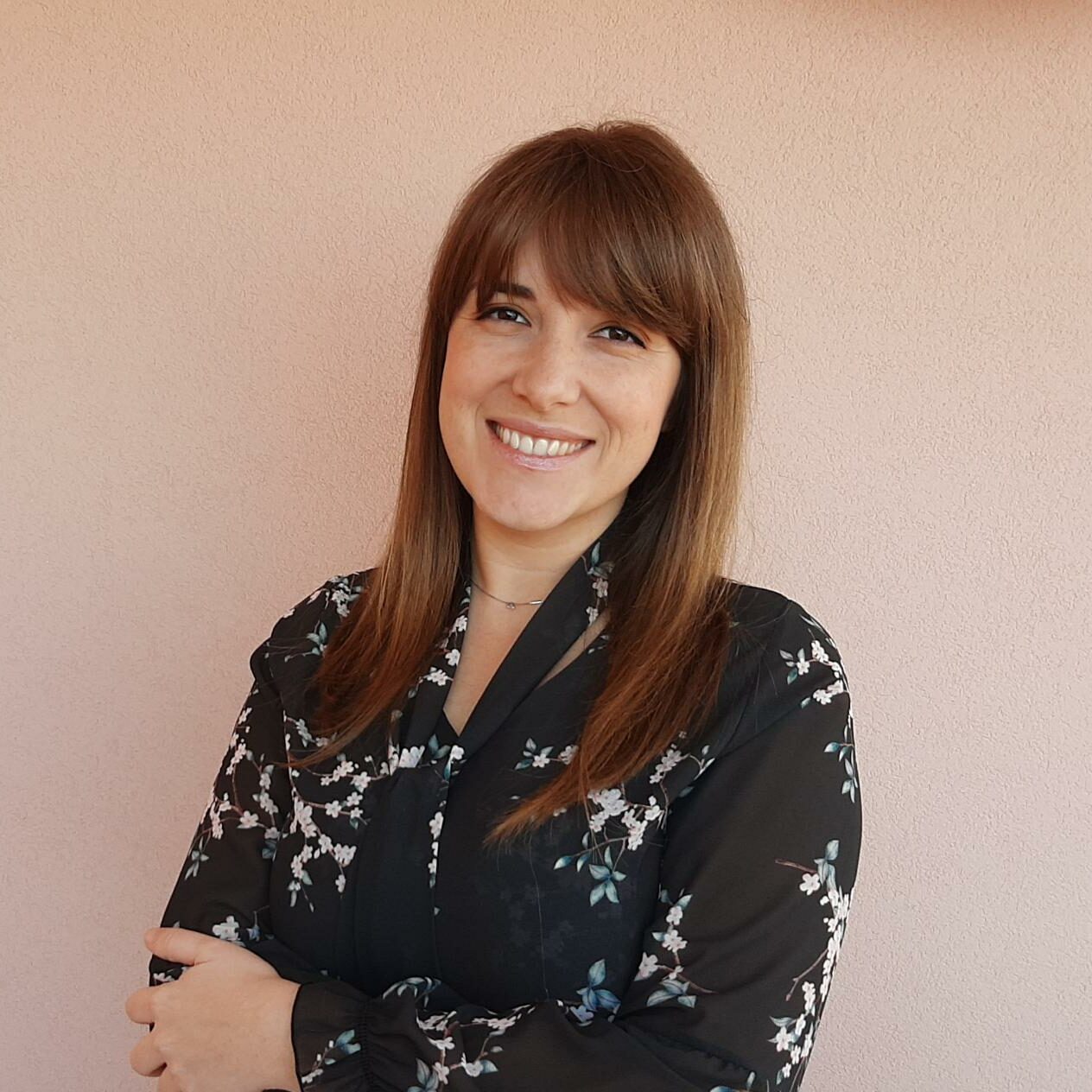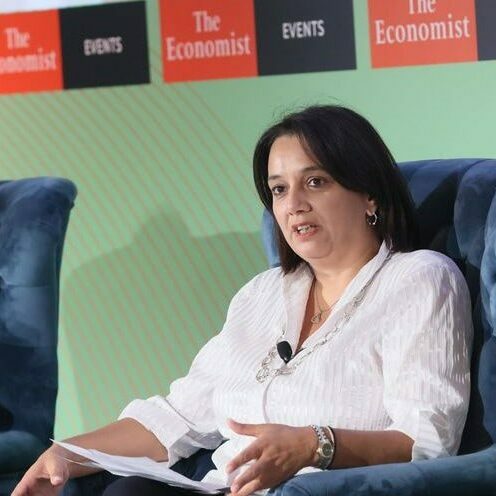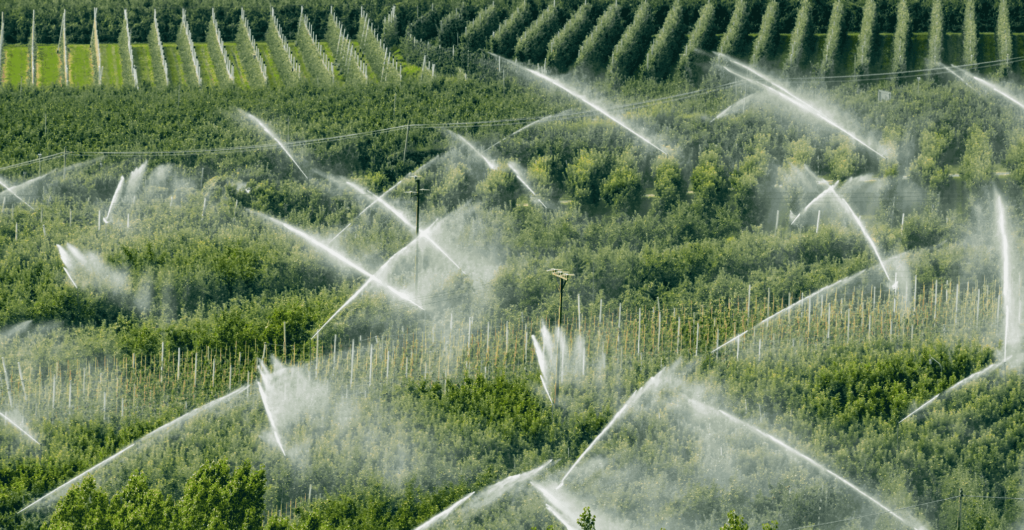Home » MedECC reports » Special Report Interlinking climate change with the Water – Energy – Food – Ecosystems (WEFE) nexus in the Mediterranean Basin » Chapter 5. Governance, policies and research options for the WEFE nexus
Special Report Interlinking climate change with the Water - Energy - Food - Ecosystems (WEFE) nexus in the Mediterranean Basin
Chapter 5. Governance, policies and research options for the WEFE nexus
Executive Summary
There is an urgent need for coordinated WEFE policies in the Mediterranean to address water scarcity, food and energy insecurity, ecosystem health, and potential conflicts exacerbated by climate change. However, countries in the MENA region currently lack an integrated policy framework that connects water resources management, energy, food, and ecosystems. Given the profound impact of climate change on food and water security, implementing integrated, transformative, inclusive and WEFE-based policies in the MENA region is imperative in order to effectively manage water, energy, and food resources. Coordinated WEFE policies should take into account the intricate interconnections between biophysical and socio-economic systems. Transboundary considerations are also crucial, as policies in one country can affect WEFE security regionally and locally due to the inherent production and consumption linkages in global markets and trade. When designing WEFE nexus policies within the Mediterranean region, it is essential to account for their effects on other sectors, ecosystems, and countries through market interactions.
Governance for the WEFE nexus requires strengthened connections and better management through coordination, integration, coherence, and collaboration between actors and their respective strategies and actions, rather than through the creation of new institutions. In the Mediterranean Basin, especially in southern countries, there is insufficient cooperation between science and policy, with stakeholders often expressing different, and sometimes incompatible, goals, agendas, and priorities. Enhancing the science-policy interface in these countries presents an opportunity for integrated WEFE planning, management, and governance. It is imperative to avoid siloed approaches and instead focus on hybrid governance modes and policy instruments that are holistic and long-term. Citizens’ assemblies based on deliberative processes can help overcome some limitations of current democratic systems and practices in responding to the climate crisis. WEFE challenges and interlinkages in the Mediterranean region can be more efficiently addressed by referring to frameworks such as social-ecological resilience, the Sustainable Development Goals (SDGs), or the 2050 Vision on Biodiversity.
Most projects funded under the Seventh Framework Programme for Research, such as ARIMNET and ERANETMED, have focused on technological and social innovations in the WEFE domains, and particularly water-ecosystem and energy-ecosystem links. Public-Private Partnerships have proven to be effective funding mechanisms for the WEFE nexus. Projects under Horizon 2020 and PRIMA programmes have significantly improved capacity-building and awareness among involved partners regarding WEFE components.
How to cite the report
Contributors
Coordinating Lead Authors
Lead Authors

Tristan
Berchoux
Mediterranean Agronomic Institute of Montpellier (CIHEAM-IAMM) / France
hide

Animesh K.
Gain
Murdoch University / Australia
hide
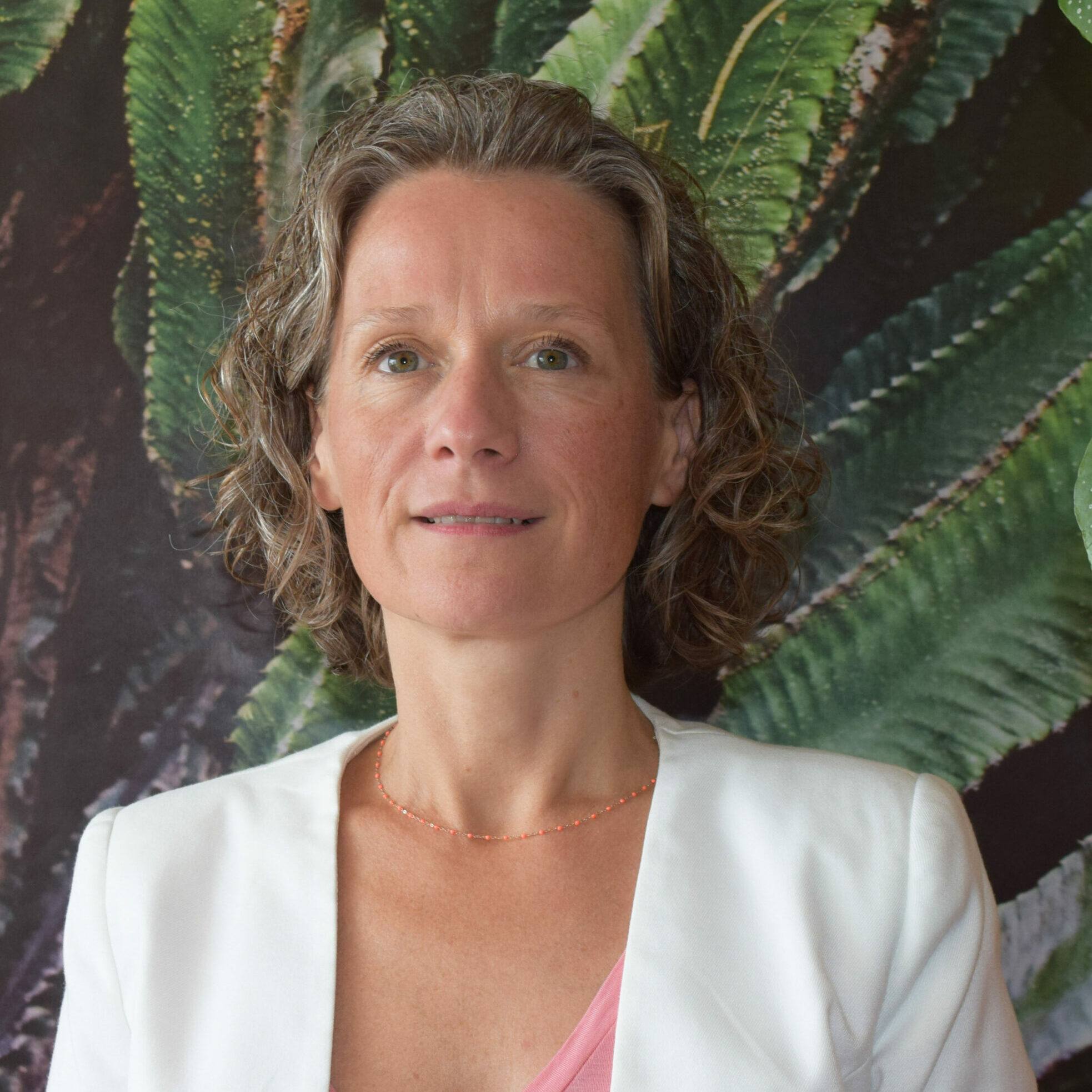
Isabelle
La Jeunesse
University of Tours and Laboratory CNRS Citeres / France
hide
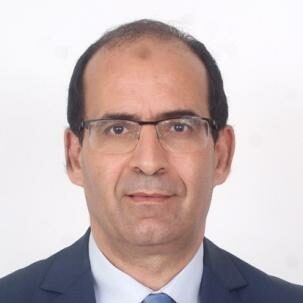
Rachid
Mrabet
National Institute of Agricultural Research (INRA) / Morocco
hide
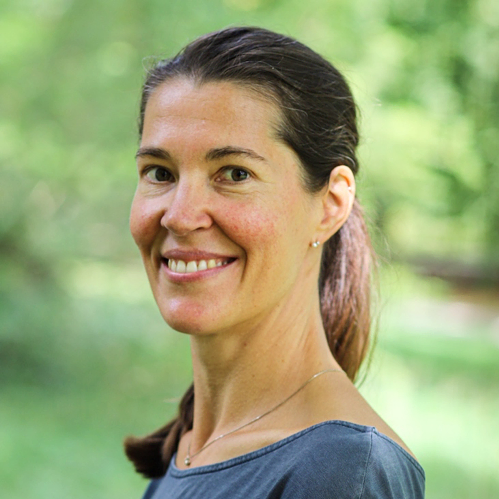
Jerneja
Penca
Science and Research Centre Koper, Mediterranean Institute for Environmental Studies / Slovenia
hide

Alicia
Pérez-Porro
CREAF - Ecological and Forestry Applications Research Center / Spain
hide

Arnau
Queralt Bassa
Advisory Council for Sustainable Development of Catalonia / Spain
hide
Contributing Authors
Tahani
Abdelhakim
Mediterranean Agronomic Institute of Montpellier (CIHEAM-IAMM) / France/Egypt
hide

Mohamed
Bahlali
Paris-Dauphine University / France
hide

Omar
Bessaoud
Mediterranean Agronomic Institute of Montpellier (CIHEAM-IAMM) / France/.Algeria
hide

Serena
Marras
CMCC Foundation - Euro-Mediterranean Centre on Climate Change / Italy
hide

Valentina
Mereu
CMCC Foundation - Euro-Mediterranean Centre on Climate Change / University of Sassari / Italy
hide

Ali
Rhouma
Prima Foundation / Spain
hide

Marta Guadalupe
Rivera Ferre
INGENIO (CSIC-UPV) / Spain
hide

Mar
Satorras
Metropolitan Institute, Autonomous University of Barcelona (UAB) / Spain
hide
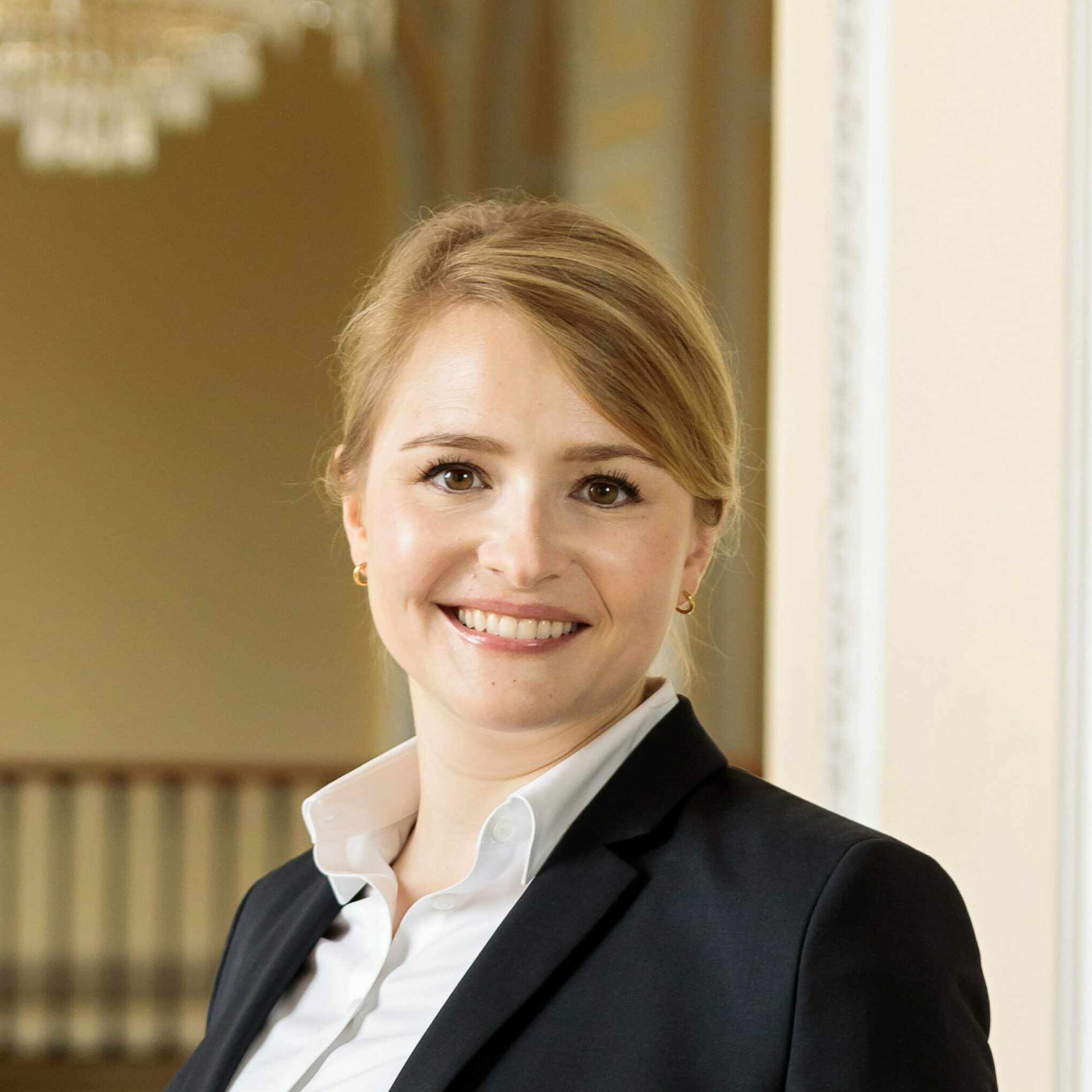
Franziska
Schuenemann
University of Hohenheim / Germany
hide

Giulia
Vaglietti
Fondazione Eni Enrico Mattei / Italy
hide
Climate Economics Chair, France / France
hide

Sara Floriana
Zanini
Ca’ Foscari University of Venice / Fondazione Eni Enrico Mattei / Italy
hide

